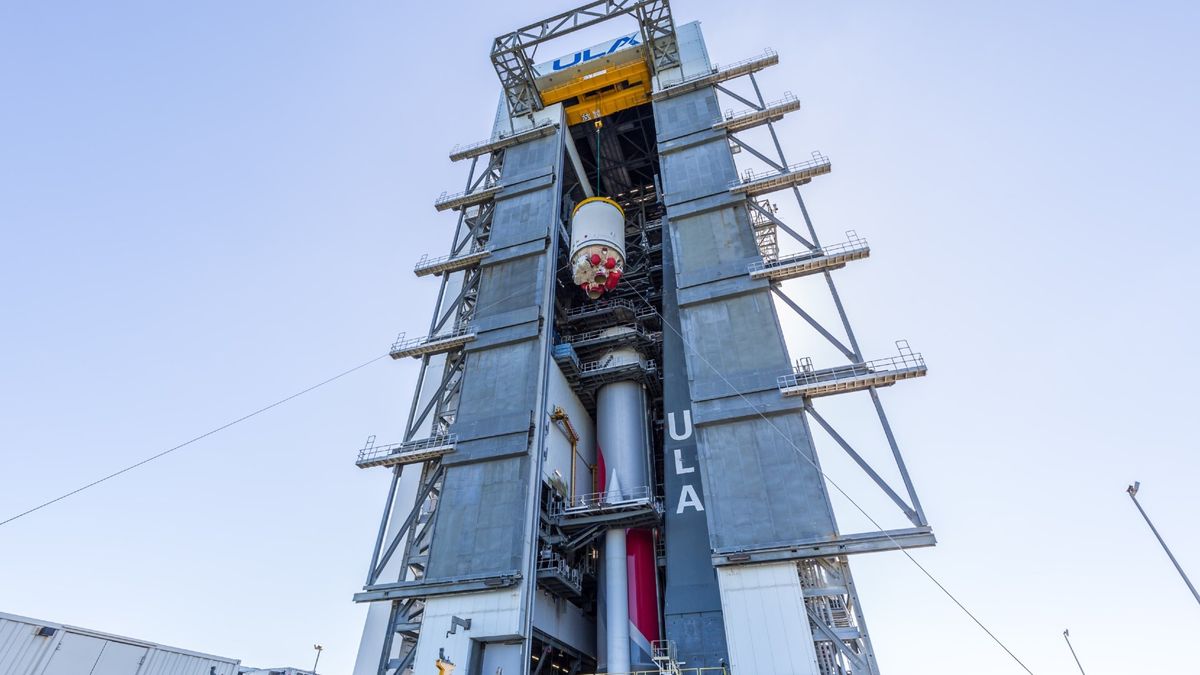Blue Origin’s New Shepard is officially back in action, with the company successfully launching the suborbital rocket for the first time in more than 15 months. The rocket lifted off from Blue Origin’s launch site in West Texas at around 10:42 a.m. local time. The mission, dubbed NS-24 to mark the 24th launch of the vehicle, carried 33 payloads for a swathe of customers, including NASA, Honeybee Robotics and non-profit research and engineering firm Draper. The mission successfully concluded after a period of 10 minutes, when the capsule safely returned to Earth after a brief suborbital flight.
Key Takeaway
Blue Origin’s New Shepard successfully returned to flight, launching the suborbital rocket for the first time in more than 15 months. The mission, carrying 33 payloads, concluded after a 10-minute suborbital flight, marking a significant milestone for the company.
Return to Flight
This is the first time Blue Origin has launched New Shepard since September 2022, when an anomaly triggered an auto-abort mid-flight. The capsule — which was carrying no people at the time — was ejected from the booster and landed on Earth under parachutes, but the booster was destroyed. The company discovered an engine nozzle issue that caused higher-than-normal operating temperatures.
Future Plans
Blue flew New Shepard four times in 2022, including the failed launch. In a statement issued after launch, Blue’s SVP of the New Shepard program, Phil Joyce, said that the company would fly the rocket even more often next year: “Demand for New Shepard flights continues to grow and we’re looking forward to increasing our flight cadence in 2024,” he said. Erika Wagner, a senior director at Blue Origin, said on the launch livestream that the company was looking forward to flying the next crewed flight “soon.”

























